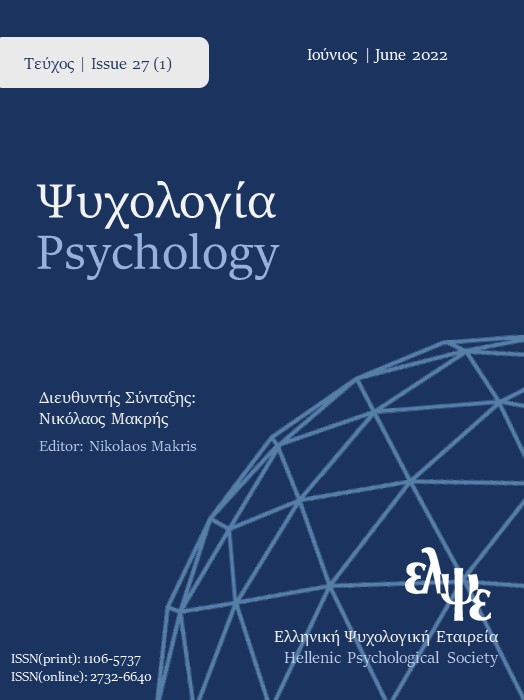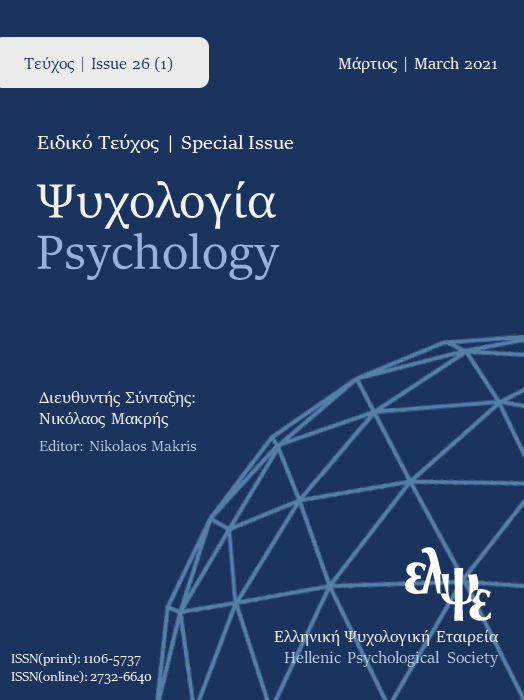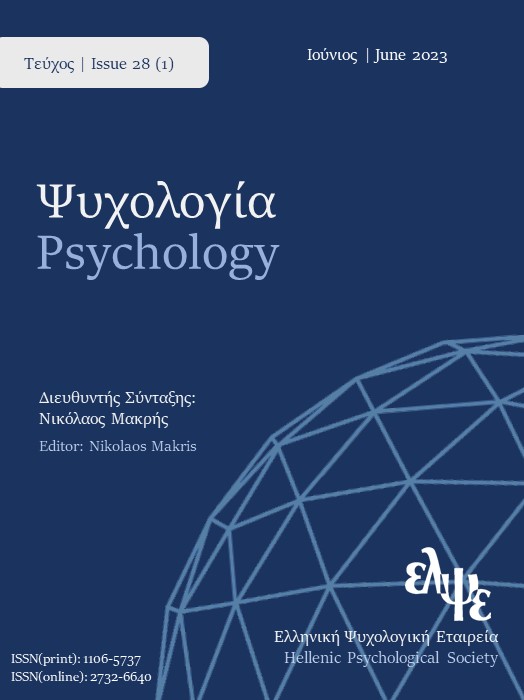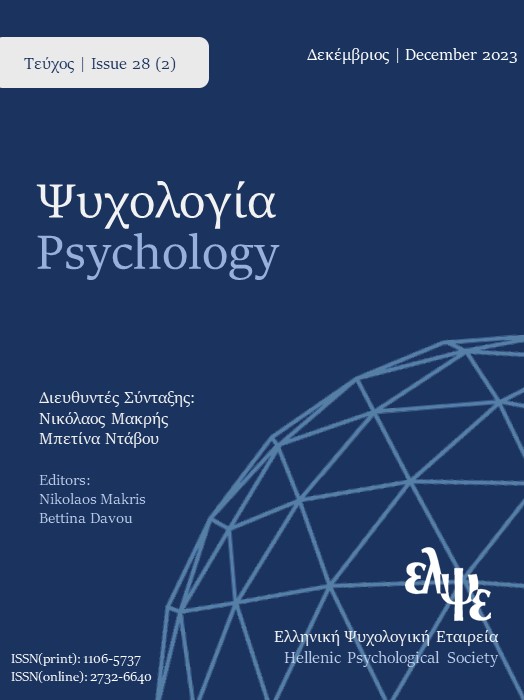Secondary School’s teachers Emotional Intelligence and Conflict Management with Adolescents in the Classroom
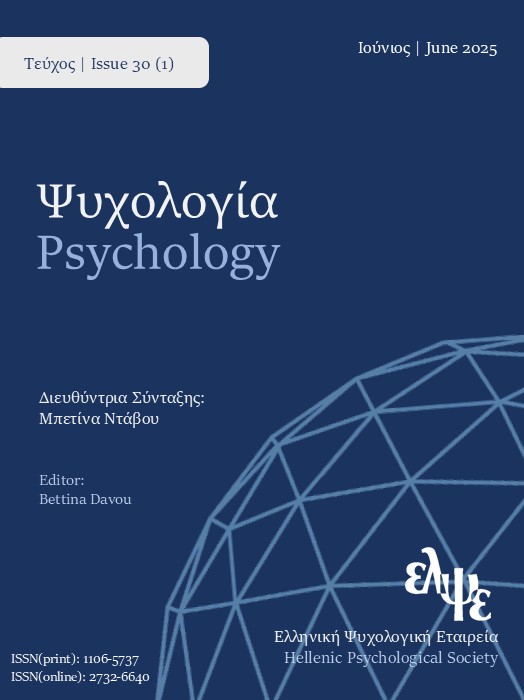
Abstract
This research aimed to highlight the levels of Emotional Intelligence (EI) among secondary education teachers and their perceptions regarding the management of conflicts and behavioral problems (BP) exhibited by adolescent students. The sample consists of 22 public secondary education teachers from the region of Argolis, who were assessed through a questionnaire (TEI-Que-SF) and semi-structured interviews. Results showed that teachers possess satisfactory levels of EI, while a lack of interest appears to be the dominant BP observed in students. Teachers recognize that students' BPs (e.g., student indifference, unacceptable behavior), which vary by gender, often lead to conflicts influenced by various factors (e.g., student personality, teacher personality, teaching methods). For effective conflict management, teachers mentioned the importance of their own emotional state, as well as strategies such as flexibility and empathy. In conclusion, teachers' EI seems to affect their professional practice, their relationships with students, and conflict management within the classroom. This study underscores the need for decision-making and the implementation of interventions that enhance EI among school community members, contributing to the smooth functioning of the educational framework.
Article Details
- How to Cite
-
Bavela, C.-A., Pachiti, I., Vasiou, A., & Dimitropoulou, P. (2025). Secondary School’s teachers Emotional Intelligence and Conflict Management with Adolescents in the Classroom. Psychology: The Journal of the Hellenic Psychological Society, 30(1), 6–37. https://doi.org/10.12681/psy_hps.39107
- Section
- RESEARCH PAPERS

This work is licensed under a Creative Commons Attribution-ShareAlike 4.0 International License.
The journal PSYCHOLOGY adopts a Platinum open-access policy. Submission, processing or publication costs are waived by the Hellenic Psychological Society. Papers published in the journal PSYCHOLOGY are licensed under a 'Creative Commons Attribution-ShareAlike 4.0 International' licence. The authors reserve the copyright of their work and grant the journal the right of its first publication. Third-party licensees are allowed to use the published paper immediately after publication as they wish, provided they retain the defined by the license copyright formalities, regarding the reference to its author(s) and its initial publication in the journal PSYCHOLOGY. Moreover, any adjusted work should be shared under the same reuse rights, so with the same CC license.



